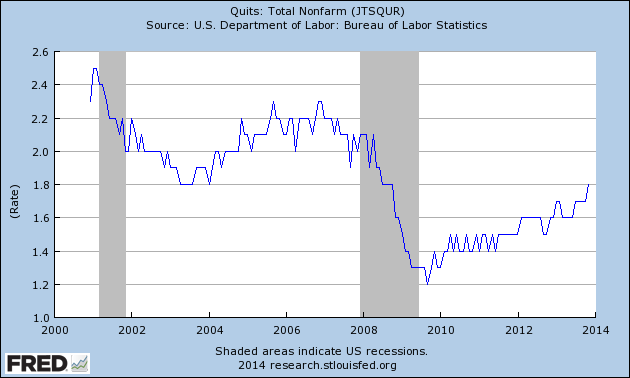Add another to the list of “best since 2008” stats (although a better phrase might be “least worst since 2008”). The federal budget deficit for 2013 should come in around $680 billion, down from about $1.1 trillion in 2012.
As a citizen, I can’t help but applaud the drop. We are moving in the right direction. If we consider the deficit as a percentage of the economy as a whole, the improvement is even more substantial, since, in dollar terms, the economy has grown even as the deficit has shrunk. For 2013, the deficit is about 4.1 percent of the economy, down from more than 10 percent at the peak. In 2014, there’s a good chance it may shrink further, to a level below that of economic growth—which means the debt could actually start to shrink as a percentage of the economy. This is exactly where we need to be headed.






















